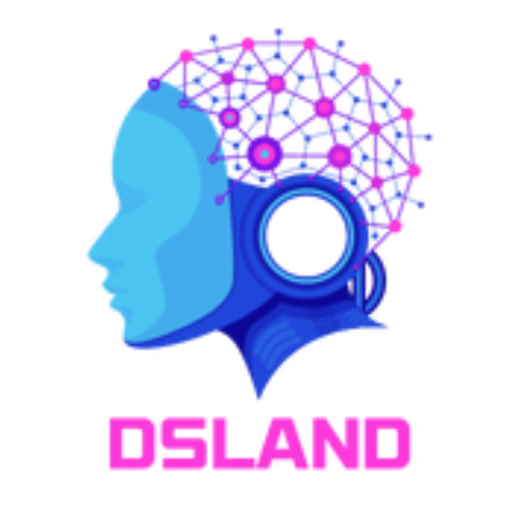
South Dakota is gaining recognition in the medical research field thanks to the burgeoning use of Artificial Intelligence (AI). Federal health officials are heavily promoting AI as a transformative tool in the region’s healthcare research initiatives. This article delves into the significant advancements in AI and their implications for medical research in South Dakota.
The Role of AI in Medical Research
AI, a branch of computer science focused on creating intelligent systems, has begun to revolutionize numerous segments of healthcare. In medical research, AI is primarily used for data analysis, predictive modeling, and personalized medicine. Lately, South Dakota has emerged as a focal point for these advancements, with multiple federal health agencies collaborating with local institutions to leverage AI for groundbreaking research.
Data Analysis
One of the prime applications of AI in health research is its capability to analyze vast amounts of data with exceptional speed and accuracy. Traditional data analysis methods are often limited by the volume of data they can process, but AI can handle massive datasets, allowing researchers to identify patterns and correlations that were previously impossible to detect.
Predictive Modeling
Predictive modeling is another area where AI is making strides. By using complex algorithms and machine learning techniques, AI can predict disease outbreaks, treatment responses, and patient outcomes with high precision. In South Dakota, federal health officials are deploying AI-based predictive models to improve public health strategies and patient care protocols.
Personalized Medicine
Personalized medicine aims to tailor medical treatments to individual patient characteristics. AI enables this by analyzing genetic, environmental, and lifestyle data to determine the most effective treatment options for each patient. This personalized approach is rapidly gaining traction in South Dakota’s medical research community, making treatments more effective and enhancing patient satisfaction.
Federal Initiatives and Collaborations
The rise of AI in South Dakota’s medical research owes much to federal initiatives and collaborations. Government agencies such as the National Institutes of Health (NIH) and the Food and Drug Administration (FDA) are partnering with South Dakota-based research institutions to implement AI technologies.
- Funding and Grants: Federal agencies are providing substantial funding and grants to support AI-driven research projects.
- Training Programs: Specialized training programs are being developed to equip researchers with the necessary skills to utilize AI technologies effectively.
- Collaborative Projects: Collaborative projects between federal bodies and local institutions are fostering an environment conducive to innovation and discovery.
Case Studies: AI Impact in South Dakota
Sanford Health
Sanford Health, one of the largest health systems in rural America, has integrated AI into several research domains. From immunotherapy for cancer patients to predictive analytics for heart disease, the institution is pioneering the use of AI to improve patient outcomes. The collaboration with federal bodies has only accelerated their efforts, bringing cutting-edge research to the forefront.
University of South Dakota
The University of South Dakota (USD) is also at the forefront of AI in medical research. Their focus areas include neurology, infectious diseases, and telemedicine. By partnering with federal health officials, USD is making significant progress in the early diagnosis and treatment of neurological disorders.
Challenges and Ethical Considerations
Despite the promising advancements, incorporating AI into medical research presents several challenges and ethical considerations. Issues such as data privacy, algorithmic bias, and the ethical use of AI need to be addressed to fully realize AI’s potential in healthcare.
- Data Privacy: Ensuring that patient data is securely stored and used responsibly is paramount.
- Algorithmic Bias: AI systems must be designed to mitigate biases that could lead to disparities in treatment outcomes.
- Ethical Use: The ethical implications of AI decision-making in healthcare need careful monitoring and regulation.
The Future Outlook
The future of AI in medical research in South Dakota looks promising. With ongoing support from federal health officials and continued investments in AI technologies, the state is poised to become a leader in healthcare innovation. The collaborative environment between federal and local entities will undoubtedly pave the way for more groundbreaking research and improved public health outcomes.
Conclusion
In conclusion, the advancements in AI are significantly boosting medical research in South Dakota. Federal health initiatives are playing a crucial role in this transformation, ensuring that the state remains at the cutting-edge of healthcare innovation. As AI continues to evolve, its applications in medical research will only expand, promising a future of improved healthcare for all.
